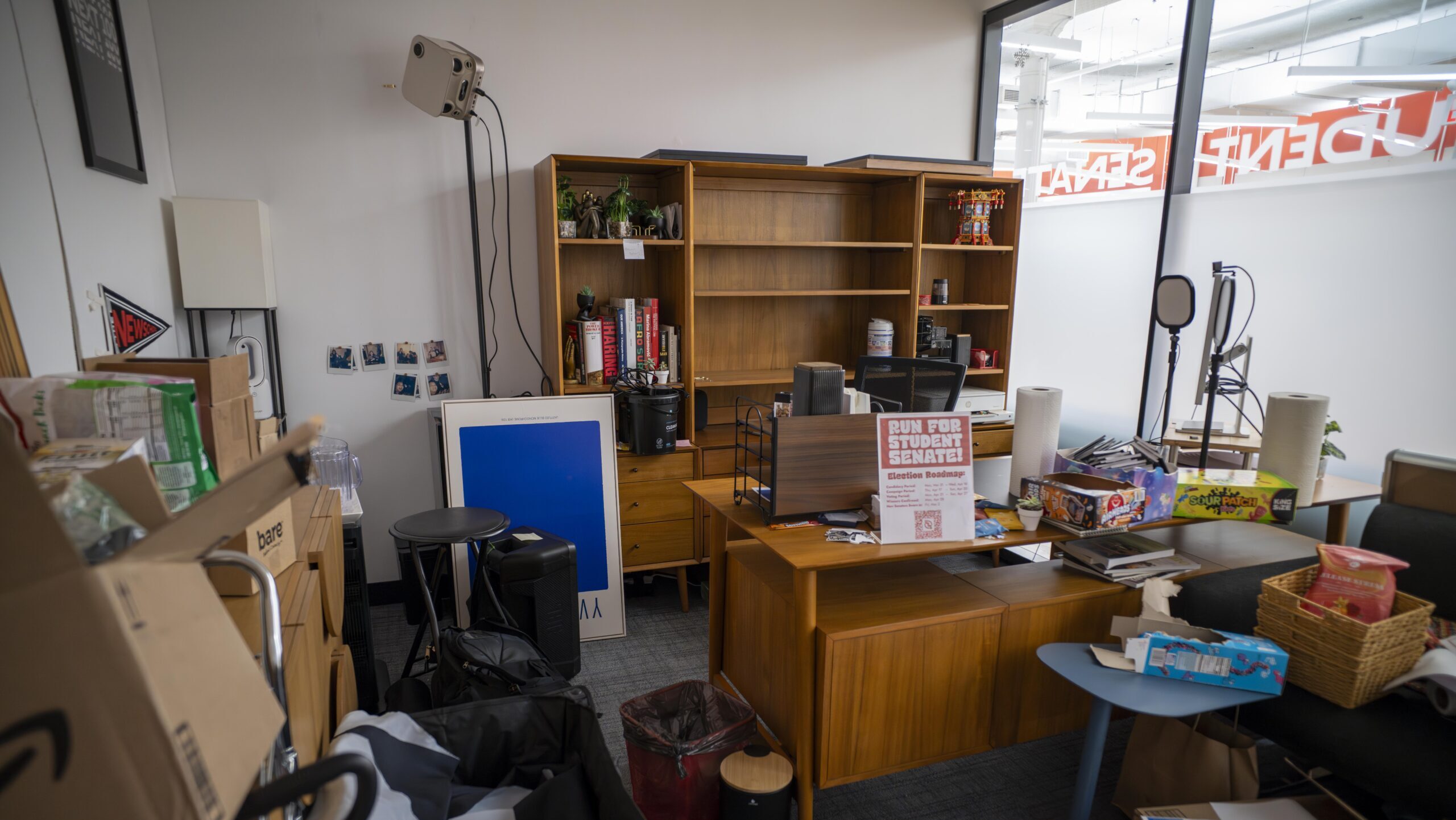For two New School commuter students, family plays a central role in their path from home to class.
Their daily journeys vary — one trip from Brooklyn taking only 30 minutes and the other an 80 minute schlep from Connecticut — but both Amber Vanterpool and Jessica DeRocco can’t help but dwell on their loved ones.
“I feel like commuter students are closer with their families,” said DeRocco, a Lang freshman who now lives on campus, but lived in Connecticut in the fall 2016 semester. She and her father would sometimes travel in together, bonding over the peculiarities of their commute to Manhattan.
While The New School does not have a true campus, students who attend class in person are designated as “on-campus,” as opposed to those that take online classes. Despite this designation, not all students at The New School live on-campus or even in university housing. With the majority of students at The New School coming from out of state, commuter students are vastly outnumbered. According to The New School’s 2016 Almanac and Trends, students from states other than New York accounted for 70 percent of the undergraduate population in Fall 2015, excluding non-resident students.
For Amber Vanterpool, a senior in culture and media, the college experience often begins with getting her two younger brothers, 13 and 9, to school in the morning before hustling between boroughs to class.
Vanterpool spent her first year of college abroad in Ecuador and didn’t have the opportunity to make freshman year connections with classmates. For sophomore year, Vanterpool lived at home, then dormed the following year.
“I’m grateful to have been able to experience both sides of it, but the commuting is definitely my reality now,” said Vanterpool, who now travels in from home in Bed-Stuy. On certain days, she not only has to get her brothers to school, but return them home as well
DeRocco, who now lives in campus housing, is happy to have left her commuting days behind.
“Commuting in definitely affected my experience of my first semester. I think especially when it comes to social activities. If somebody wants to get dinner, that means that instead of taking a 4 o’clock train, I might be taking an 8 o’clock train, and does that give me enough time to do the things I need to do at home?” she said.
“It’s just a completely different experience. I don’t think I would go back to commuting from Connecticut, just now that I realize how easy it is to not have to be on a train for an hour and a half every morning,” the Lang freshman said.
Once this semester, DeRocco went home for the night and had to commute back to school at the same time as she used to for her morning class. Upon arriving to school that morning, DeRocco couldn’t believe that used to be her day-to-day. “I was like, ‘How did I ever do that? That was the worst experience of my life.’”
Tensions arise in the differences between these spaces. Vanterpool said “It feels like once I get to school it’s like work time, to do work, to go to class, get stuff done. In fact, I can’t do work when I’m at home because that’s my relaxation place… it’s just like a difference in the vibe of the place, like I just can’t be productive at home. But it’s kind of nice to separate those two places, though I do wish that I could be productive in any place.” The struggle between these two places is something the commuter must try to settle, and it is one of the many things that colors their college experience.
There is something shared amongst commuters, even though the individual times and places may be different. “I feel like commuters kind of find each other and they all talk about how hard it is to do social stuff when you’re a commuter,” said DeRocco.







